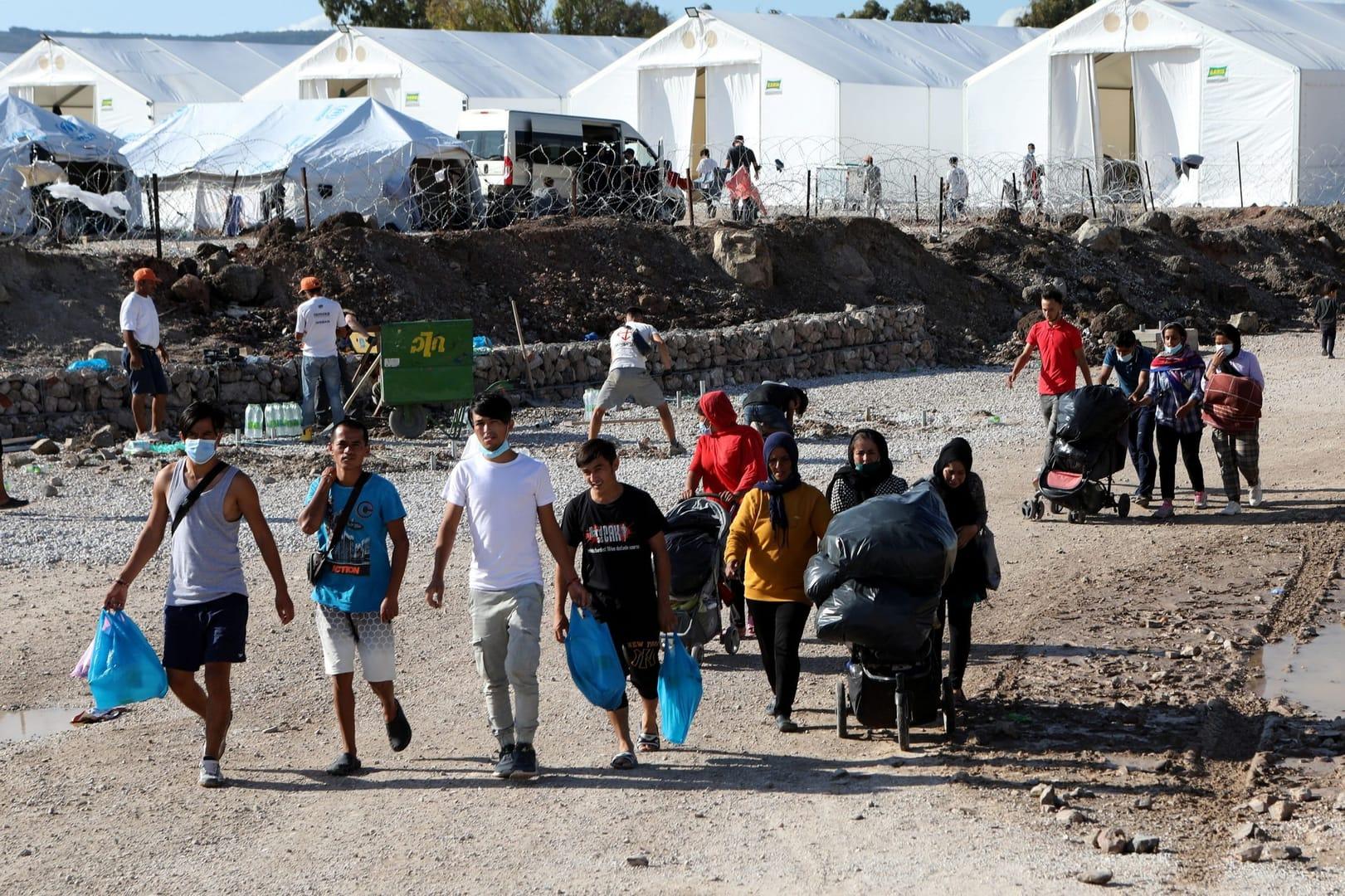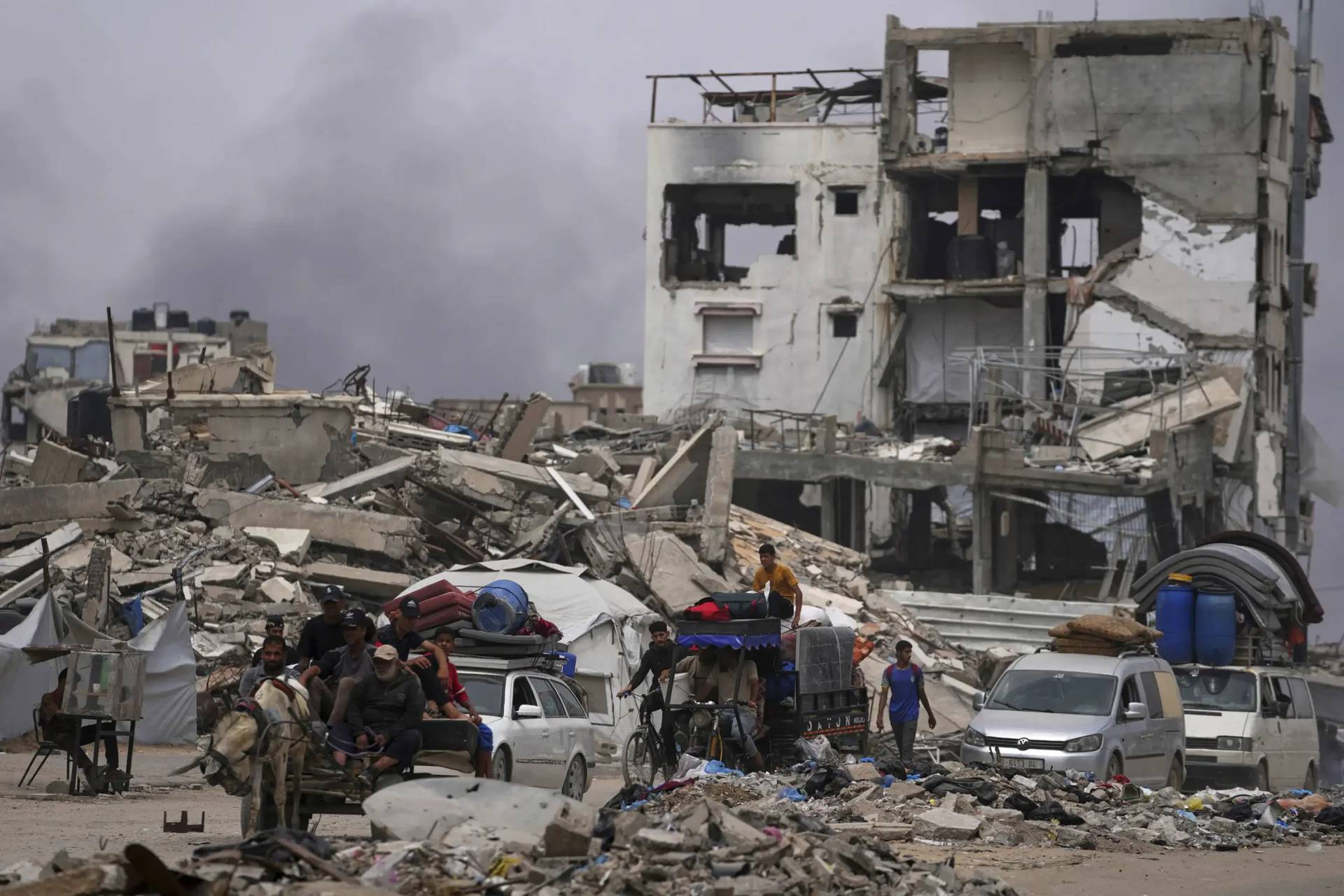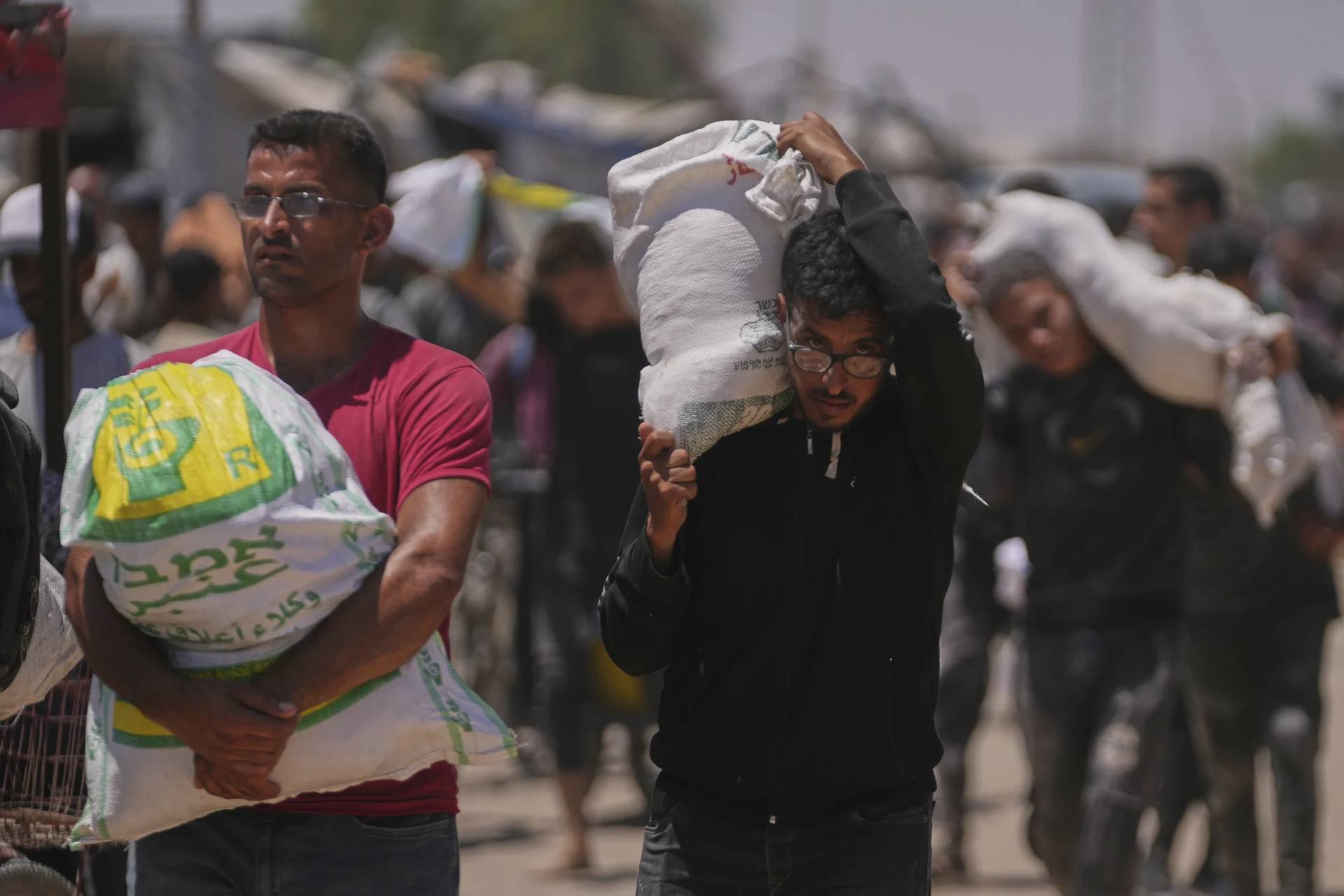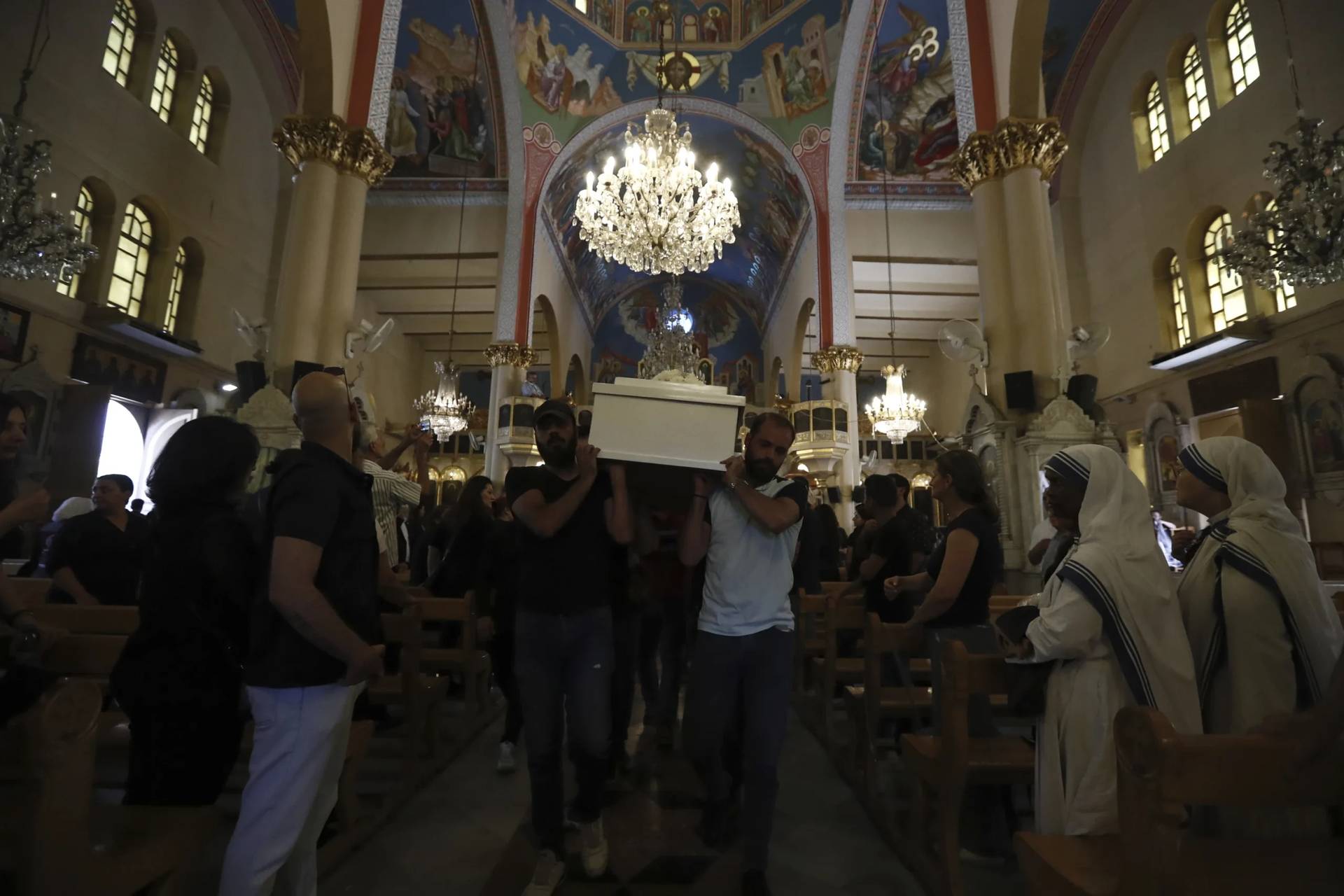COVID-19 provides an opportunity for people to prepare the future, and religious leaders have an opportunity to make sure that preparation includes the world’s most vulnerable, said Catholic participants in the annual G-20 Interfaith Forum.
Leaders and representatives of major religions and global policy institutions participated in the Oct. 13-17 meeting streamed from Saudi Arabia’s capital, Riyadh.
Father Augusto Zampini Davies, an official at the Vatican Dicastery for Promoting Integral Human Development, told the forum that as well as causing enormous problems, COVID-19 is also worsening existing inequalities and injustices and showing the “inability of the world to face a common problem together.” The Argentine priest said interreligious dialogue and cross-cultural cooperation are crucial in times of crisis.
The world needs reconnection through values such as “fraternity, compassion, care,” as well as friendship and cultural enrichment, he said.
As well as COVID-19, the forum is addressing modern slavery and human trafficking, the needs of migrants and refugees, hate speech and racism, climate change, among others. It is organized by the G-20 Interfaith Forum Association, the KAICIID International Dialogue Centre, the U.N. Alliance of Civilizations and the National Committee for Interreligious and Intercultural Dialogue in the Kingdom of Saudi Arabia.
Saudi Arabia currently holds the presidency of the Group of 20, made up of representatives of industrial and emerging-market nations.
Zampini told the forum the role religion plays in the world is a choice: It can be turned into “a source of hostility or even war,” or it can serve to connect people through healthy values and “help in the cure of the virus of individualism.”
As COVID-19 is new, religion can bring something new to “help in the cure” through working together for a healthier global family and planet, Zampini said.
“It is impossible to address the pandemic without good global politics,” he said, noting that countries in extreme debt will not survive the hardships of the pandemic “if they have to take on more debt.”
Ways must be found to help these countries invest in health care and other development, otherwise their people “will become even more marginalized” in the world, he said.
Zampini said he and other Vatican officials, with their counterparts in other churches and faiths, are listening “to what’s happening on the ground” and providing assistance, as well as working with governments on matters concerning health care, jobs, food security and ecological crises.
Bishop Matthew Hassan Kukah of Sokoto, Nigeria, told the forum that often “dialogue between government and religious leaders is more difficult than between religious leaders themselves.”
“In Africa, it’s not uncommon” for government leaders to “see dialogue as meetings with religious leaders where they discuss how life ought to be,” he said. But these meetings and the statements that follow “have almost no connection to people’s reality.”
Religious leaders “must maintain their neutrality” and “cannot take part in political processes,” Bishop Kukah said. Then, in crises such as COVID-19, “ordinary people trust religious leaders more than the political class,” he said.
In Nigeria, “where systems don’t work and the state is dysfunctional,” corruption works “side by side with religiosity” and there is “outright nepotism” based on religion and other criteria, the bishop said. Issues of COVID-19 are “caught in this web,” he said.
With the pandemic, Christians and Muslims in the West African country “are using our existing platforms to take care of the weak and the vulnerable,” he said.
A “collective feeling of vulnerability … has enabled us to stand together” as faith communities, while a rise in government bureaucracy is slowing state delivery of relief measures, Kukah said.
“Our hope is that we can build on our ability to collaborate with one another,” he said.
The “moral tone of conversation is important,” he said, noting that there should not be “a sense of Muslims for Muslims and Christians for Christians,” but rather a mutual addressing of issues with compassion.
Rabbi David Saperstein, president of the World Union for Progressive Judaism, told the forum it is essential that COVID-19 investments acknowledge women’s disproportionate burden.
As well as their disproportionate roles in caregivers during the pandemic, women are bearing the brunt of related economic hardships, he said. Girls have been forced out of school through the economic desperation of their families and there has been a sharp rise in global cases of domestic violence, he said.
Canon Sarah Snyder, Anglican Archbishop Justin Welby of Canterbury’s adviser for reconciliation, told the forum that COVID-19 is exposing “so much of what is broken and fractured.”
Pandemic-related restrictions have raised dilemmas over “who we turn to for advice,” she said. Many young people in lockdowns at home understand that they must obey their elders, but on the other hand “not all elders can be trusted,” she said.
“Moral reasoning can play an important role” where world views clash, she said.
“We need to teach critical thinking skills without thinking that this compromises the moral teachings of religion,” she said.
















